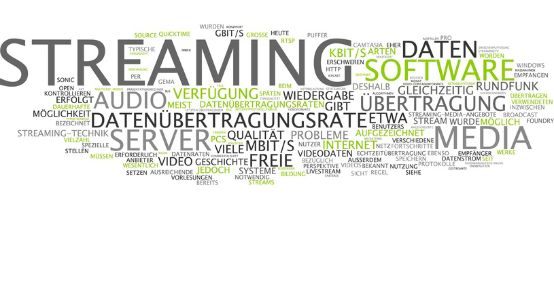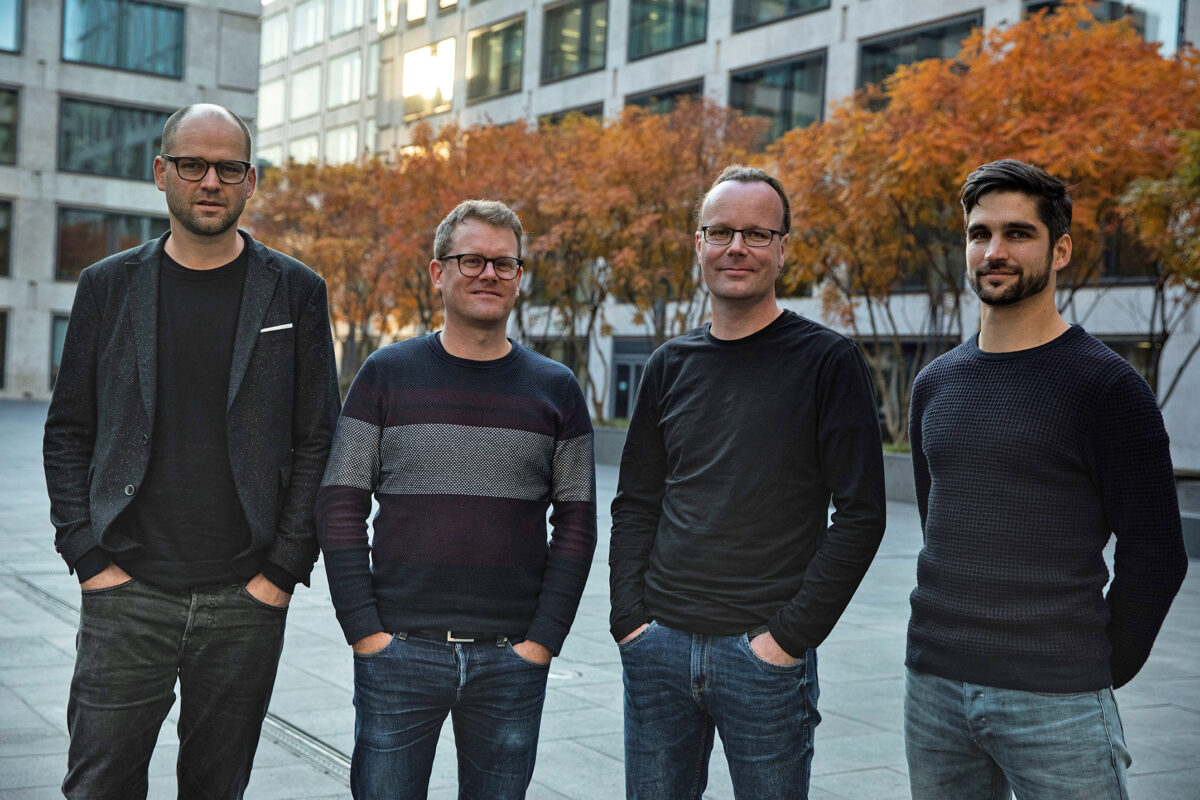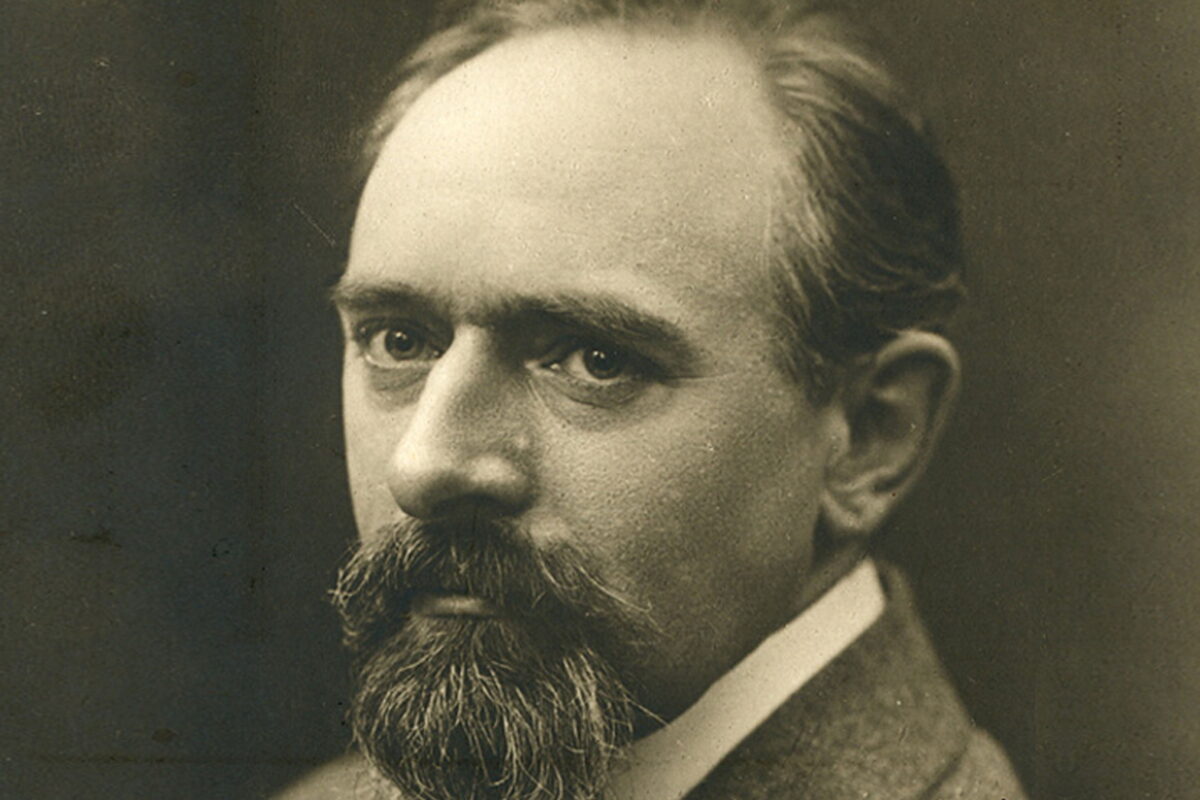Modern technology and copyright
The ninth edition of the "Musiksymposium - The Music Metting Day" focused on innovations at YouTube and discussions about the blessings and curses of streaming services such as Simfy and Spotify.

The ninth "Musiksymposium - The Music Meeting Day" was opened by Michael Grossenbacher. Until 2009, the Bernese singer was part of the a cappella group Bagatello, two years later he put on his first solo show: "Therapie". He talked about a teenager who recently asked him which of his two dream jobs he should choose: baker or musician? "My answer: Do you want to earn money? Then become a baker."
Which means that the Swiss Association of Music Publishers The event, which was held for the first time in Zurich's Hallenstadion, quickly arrived at a key question: What does a musician have to do to be able to make a living from his art? At least in part. Although the following presentation by Oliver Heckmann, Director of Engineering YouTube, did not provide a conclusive answer to this question, the representative of the company, which was founded in 2005, did show ways in which money can be generated via YouTube. Also in Switzerland. This is possible thanks to the activation of www.youtube.ch - the site has been available to content producers and advertisers since April.
For Swiss music creators who are registered with Suisa, the money pots of the Google Inc. subsidiary remain closed for the time being, as the cooperative of music authors and publishers and YouTube are still in disagreement about how much compensation should be paid per clip played. "We are negotiating and I believe that an agreement will be reached soon," said Heckmann optimistically.
Partner programs have also been activated for Switzerland. These allow producers to create their own "channels" on YouTube, which Julia Graf alias Miss Chiveous has already done, for example. With success. As of mid-September, the Bernese has built up a following of 564,935 subscribers. However, Graf is not a musician, she gives make-up tips. There are still no musicians who are members of Suisa in the partner programs. Here too, an agreement must first be reached between the collecting society and YouTube. "In order to be accepted into a partner program now or later, you also have to meet certain conditions," Heckmann explained. For example, anyone who has already committed a copyright infringement is no longer eligible.
Heckmann painted a prosperous scenario for the future, talking about the billion YouTube users, last year's 50 percent growth and the six million videos that are uploaded to the portal every month. There is no doubt that the chances of being able to earn a franc or two via YouTube one day are intact. However, the amounts involved remain to be seen. For comparison: in the USA, YouTube pays out around 10 dollars per 1000 video streams, which then has to be divided among all rights holders. The average musician will not be able to make a living from such sums. It would be an extra income. What did Heckmann say? "The better known a musician is, the quicker he should get in touch with us."
The "middle class" earns almost no money anymore
At the "Download vs. streaming" panel, Steffen Holly expressed understanding for consumers. "I myself am also enthusiastic about the existing offers," said the Head of Business Unit Media Management & Delivery. The "middle class of musicians" in particular would suffer from this. "They hardly earn any money anymore." A fact that Dennis Hausammann, co-owner of iGroove Switzerland, illustrated with figures: "Around one million streams are needed for a musician to be able to pay their monthly health insurance contribution alone." "Smaller" artists generate the majority of their income via iTunes and not via streaming services such as Simfy or Spotify, said Hausammann. Julie Born, Director Sony Music Switzerland, argued that new technologies should be given a chance. "In Sweden, three million paid premium streaming subscriptions have already been purchased, in Switzerland there are only around 75,000 so far."
Alexander Herbst, CEO of Simfy, explained: "We are already paying out a seven-figure sum to the major labels. And a much smaller amount to the independents." But he was convinced that this would be regulated. "There will probably be a more honest distribution." His company, which is based in Berlin and has around 20 million songs in its streaming offering, is currently making ends meet, but: "Even for us, the trees don't grow into the sky." Poto Wegener, Director of Swissperform, criticized that the amount currently paid out by Simfy and Spotify per stream was far too low. And he identified a lack of transparency as one of the main problems. "I would finally like to know from the streaming services what is paid out on average per stream." Alexander Herbst's answer: "We only disclose how many streams happen."
Despite all the differences, the majority of participants in the discussion seemed to believe in the future of streaming services. And that musicians could generate more income again in this way. "I think that the trend is now moving back in the direction of artists and at the expense of labels," concluded Steffen Holly.








